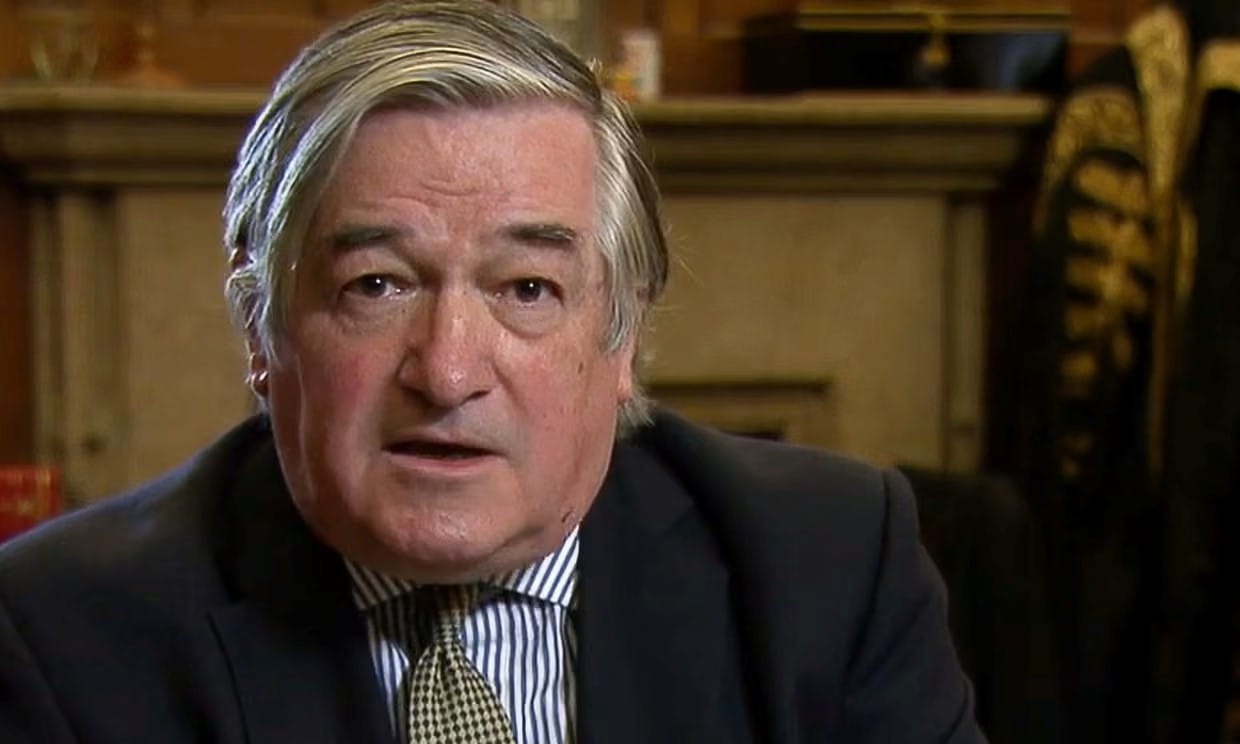Y v Z [2025] EWFC 221
Cusworth J. Case management decision allowing the wife to amend her position to formally plead conduct under s 25(2)(g).
Judgment date: 4 June 2025
https://caselaw.nationalarchives.gov.uk/ewfc/2025/221
Cusworth J. Case management decision allowing the wife to amend her position to formally plead conduct under s 25(2)(g).
Background
The parties are the applicant wife (‘Y’) and the respondent husband (‘X’).
The parties entered into a pre-nuptial agreement. The parties agree that they should be held to that agreement and that the husband is entitled to c.£6.4m under its terms. The central issue in the case for determination at Final Hearing is how much the husband should be paid to properly comply with the PNA’s terms. The wife’s position throughout was that the husband should be treated as having already received £4.2m of the £6.4m sum due to him under the PNA as a result of four sets of transactions made by him between January 2020 and April 2023.
Issues
At a two-day directions hearing, the primary issue before the court was whether the wife should be allowed to amend her case to formally plead conduct under s 25(2)(g). At the First Appointment hearing in March 2024, Mr Justice Cusworth had recorded that the wife was not advancing a case relying on allegations of conduct pursuant to s 25(2)(g) of the Matrimonial Causes Act 1973.
The husband’s position was that the wife should not be permitted to amend her pleadings. He referred the court to Tsvetkov v Khayrova [2023] EWFC 130 in which Peel J held that allegations of conduct should be properly case managed at the First Appointment.
The husband argued that the wife was free to argue that he had already received certain monies, but that, due to the absence of the wife formally pleading s 25(2)(g) conduct, any allegations made by her that transactions made by the husband were ‘fraudulent; b. under false pretences; or c. due to some behaviour or actions of the Husband’ was tantamount to running a conduct case by the back door. He also argued that there was not sufficient new information before the court to justify a change in the wife’s position.
Held
Where there is a nuptial agreement, the financial remedy court will ask whether, and if so how, its provisions should be implemented. That question will often involve a consideration of the parties’ behaviour, either at the time of the agreement or since, but rarely under the auspices of s 25(2)(g). The husband’s case amounts to an argument that for a party’s behaviour to be considered in any context by a financial remedy court, it must be pleaded as conduct under s 25(2)(g).
At the First Appointment, the wife’s team were content to record that they would not seek to put their case within the confines of s 25(2)(g), but this did not mean that they should now be prevented from running at all any part of their case which considers aspects of the husband’s behaviour, rather than simply focuses on its consequences. The court and the husband had always fully comprehended that this was the wife’s position (which she had particularised in a number of statements), save that she now augmented it by reliance on emails produced after the First Appointment.
The judge allowed the wife to amend her pleadings to include conduct. That the allegations should be so pleaded was to ensure fairness to the husband in enabling him to respond to those, as his counsel had requested, but the judge noted that he remained to be persuaded that they would add much to the evidence already before him.





